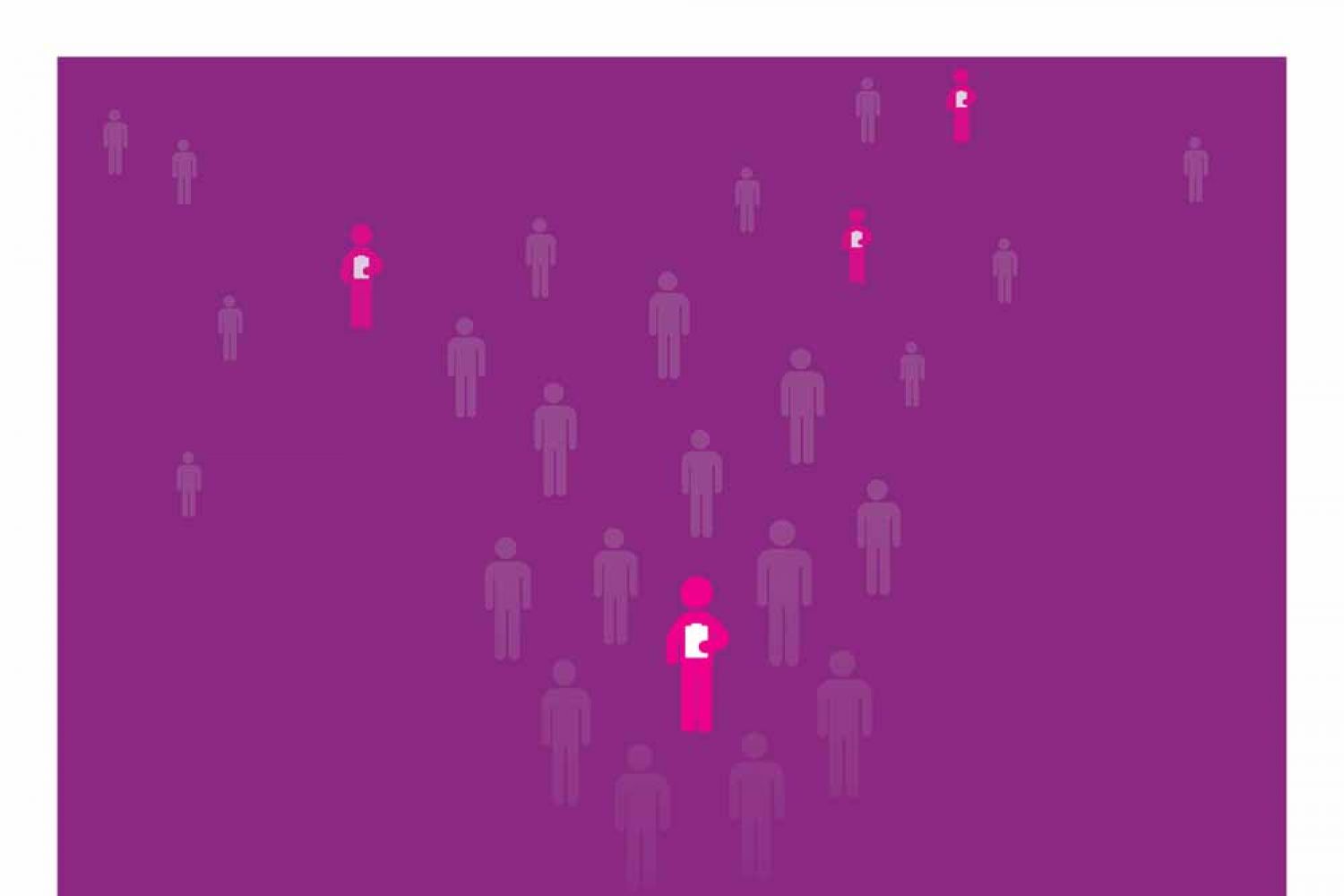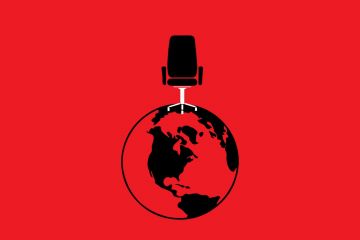
The most
important thing, the most valuable thing about our country that we must cherish
and protect at all costs is its democratic character. This fact needs to be
emphasised because except for a relatively brief period during the Emergency,
we have enjoyed uninterrupted democracy and have come to take it for granted.
It is unlikely that our country will wake up one ugly morning and find itself
under dictatorship. But
complacence is unwarranted because it is certainly possible that, while
Continue reading “Why the intellectual is the heart of democracy”
Read this story with a subscription.





